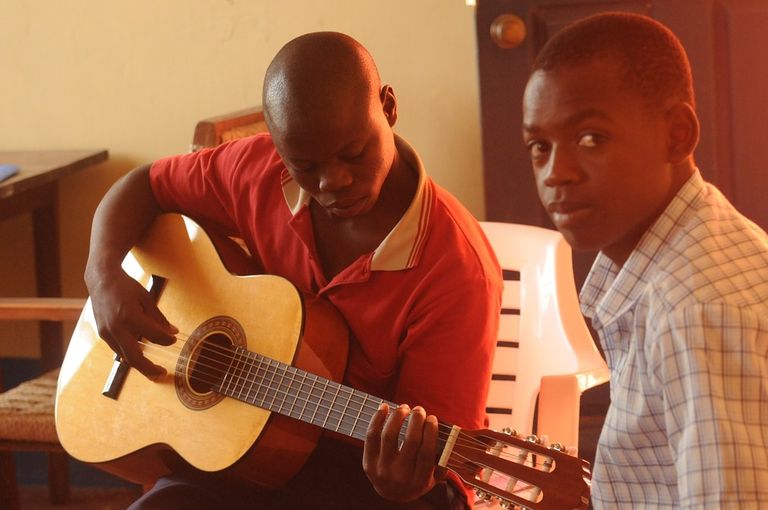Mozambique gained independence from Portuguese rule on June 25, 1975. Since then, a number of steps have been taken by the ruling Mozambique Liberation Front (FRELIMO) to re-establish traditional culture in the southern African country. After independence, the new leadership saw culture as an important tool in nation-building - a strategy used by post-colonial governments in various countries on the African continent in an effort to gain ownership.
In Mozambique, the practice of post-independence rituals was "natural", as colonial policies were developed to suppress local culture [1]. Those policies prohibit Mozambicans from speaking their native language, practicing their religion, or playing their music.
In 1978 the first opening ceremony of the National Dance Festival was held in the capital Maputo in the presence of Samora Machel, Mozambique's first independent president. Machel's visit was politically significant because it showed that the revitalization of local culture would play a key role in the nation-building process.
The terms used to describe Mozambican art are also modified by FRELIMO. The word 'traditional' came to be used in the post-independence period, in contrast to the moniker of the 'traditional' colonies. Among the traditional Mozambican music, we can distinguish the varieties of marabenta, the marmot, the wings and the nyau.

Congratulations! This post has been upvoted by the @blurtcurator communal account,
You can request a vote every 12 hours from the #getupvote channel in the official Blurt Discord.Don't wait to join ,lots of good stuff happening there.